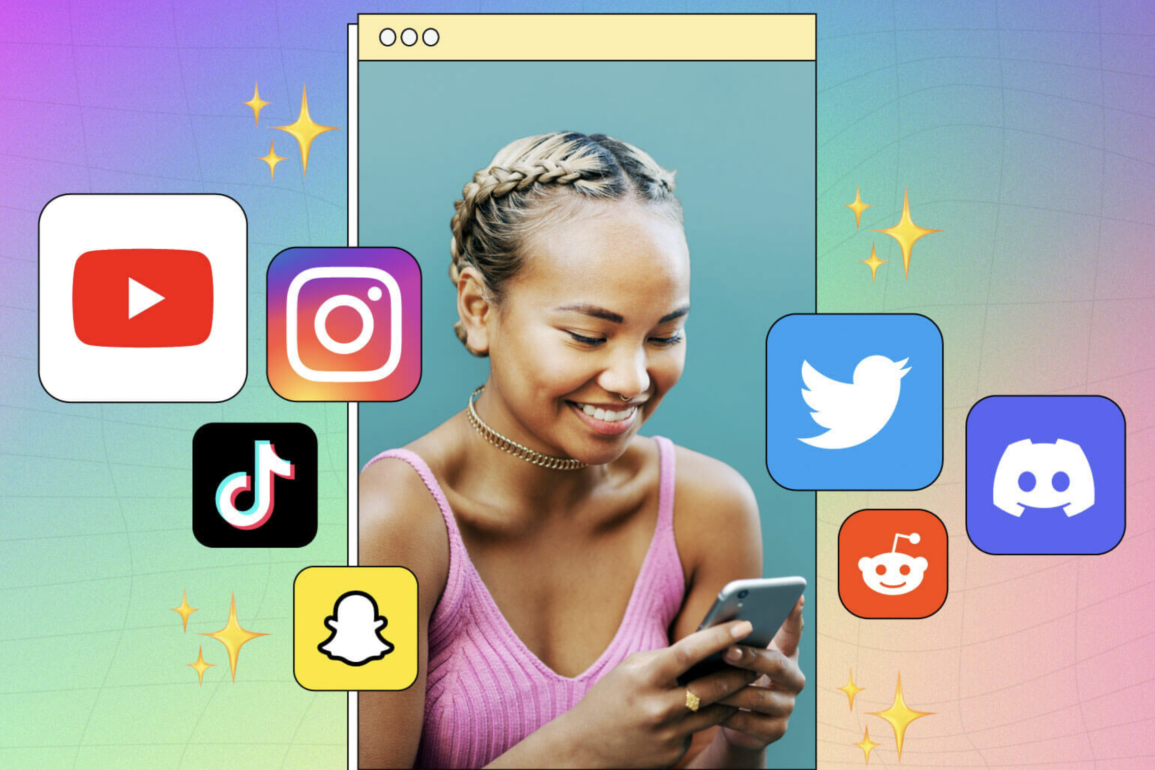Born into a world of rapidly evolving technology, Generation Z is the most digitally fluent generation yet. From their earliest years, they have shaped and redefined the online landscape, leaving vast digital footprints long before fully understanding the risks.
But as Gen Z navigates a world dominated by social media, online shopping, and constant connectivity, cybercriminals are evolving just as fast—turning their habits and trends into new avenues for attack.
Kaspersky’s new interactive game, Case 404, shines a light on how cybercriminals exploit Gen Z’s online behaviors and offers practical advice to build digital resilience.
Oversharing is second nature to Gen Z. Platforms like Instagram, TikTok, and Snapchat overflow with geotagged selfies, daily updates, and personal stories. Yet this constant sharing creates a digital footprint ripe for exploitation.
Cybercriminals mine these details for identity theft and social engineering attacks. Even innocent photos can reveal sensitive information—home addresses glimpsed in the background, daily routines, or clues for password recovery questions.
One of the most powerful drivers of Gen Z’s online behavior is the Fear of Missing Out, or FOMO. This anxiety, fueled by social media updates about product launches, concerts, or events, pushes users to seek early access or exclusive deals.
Whether it’s the latest iPhone release, a Taylor Swift tour, or a major sporting event, FOMO can lead users to click on unverified links. Cybercriminals prey on this urgency with phishing scams, fake event tickets, pre-order cons, and “leaked” insider information, all designed to steal login credentials or spread malware.
Nostalgia for Y2K fashion and early 2000s culture is another trend that cybercriminals exploit. Gen Z’s fascination with vintage aesthetics and retro games like The Sims 2 or Barbie Fashion Designer has revived interest in unofficial downloads. But these often lead to malware-infested sites, turning a trip down memory lane into a security risk.
Fast fashion, a defining lifestyle for Gen Z, also presents dangers. Brands like Shein, ASOS, and Fashion Nova offer affordability and instant gratification, fueling trend-chasing habits. However, fake shopping websites, hoax promo codes, and phishing ads mimic these popular brands to lure users into revealing sensitive financial information. The more Gen Z shops online, the greater the risk of encountering these scams.
Another challenge is the phenomenon known as iDisorder—a condition where the brain’s ability to process information changes due to technology overexposure.
This obsession with digital life contributes to rising rates of depression and anxiety among young people. Many turn to teletherapy platforms and mental health trackers, which store highly sensitive personal data. If breached, this information could be weaponized for blackmail or phishing.
Anna Larkina, a privacy expert at Kaspersky, underscores the evolving nature of these threats: “Trends may evolve rapidly, but the underlying cyberthreats remain constant. Whether it’s leveraging Gen Z’s love for online shopping, capitalizing on the urgency created by FOMO, or targeting the growing use of mental health apps, attackers are quick to turn popular behaviors into opportunities for phishing, scams and data breaches.”
She advises, “Start by taking control: verify links and websites before engaging, use strong, unique passwords and enable two-factor authentication for an extra layer of security. Be mindful of what you share online — and most importantly, remember that staying informed is your best defense. Cybersecurity isn’t just about responding to threats; it’s about empowering yourself to navigate the digital world confidently and safely.”
To help Gen Z stay safe, Kaspersky recommends playing Case 404, thinking carefully before posting personal details, verifying urgent offers through official channels, scrutinizing website URLs, using trusted payment methods, choosing mental health apps with strong privacy policies, avoiding suspicious file types, and employing reliable security tools like Kaspersky Premium and Kaspersky VPN to protect against malicious attacks and data leaks.
In a digital world that never slows down, awareness and vigilance remain the best tools for Gen Z to enjoy the benefits of technology while staying one step ahead of cybercriminals.




